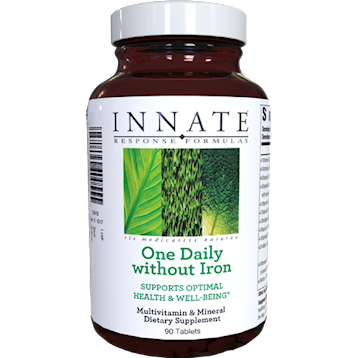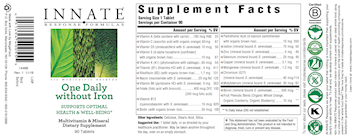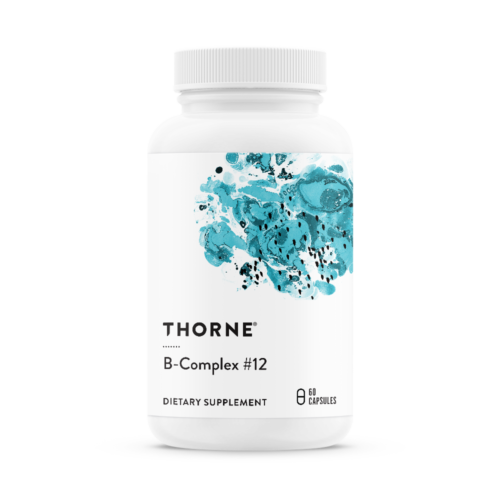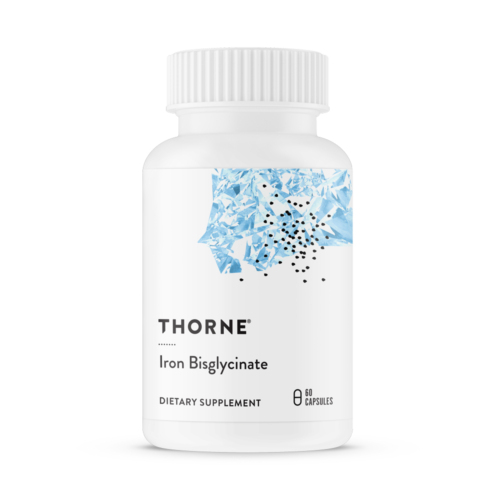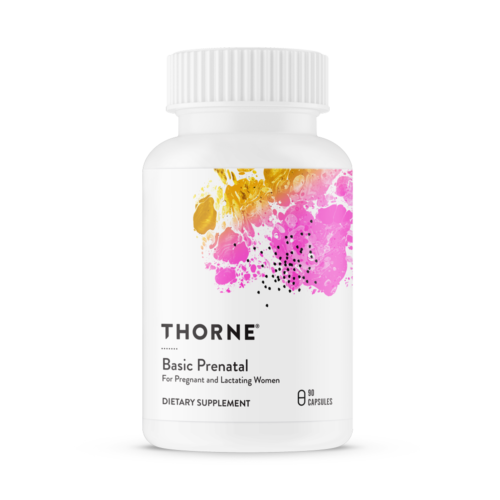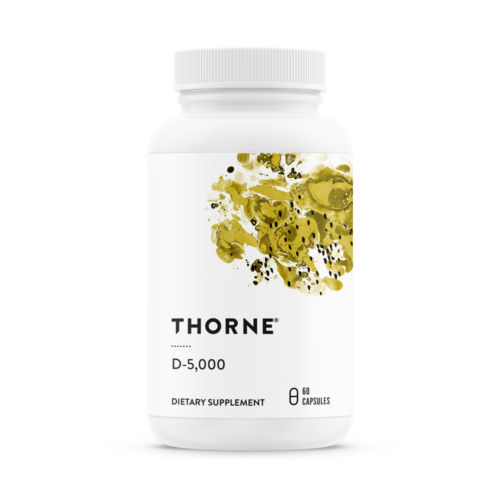Benefits
• Herb free, iron free multivitamin with FoodState Nutrients™
• FoodState® B vitamins support healthy cellular energy production and nervous system health*
• 400 IU (10 mcg) of vitamin D supports healthy bones*
• Beta carotene, along with vitamins C, E and D, help support normal immune function*
• Also available in a formula with iron
No matter how well we try to eat, gaps in nutrition exist in our modern-day diets. The fact is, our bodies need certain nutrients, in certain amounts—daily. A nutrient is known as a “vitamin” when it’s essential for our health, and our bodies cannot manufacture adequate quantities of it on its own.
Even today, many of us get enough to eat, but we’re actually undernourished in terms of real nutrition. Vitamin deficiencies remain prevalent in the United States, with millions of people deficient in vitamin D, vitamin B12, vitamin B6 and more.
So, how can you make sure you are getting a multivitamin formula with the right nutrients in the right forms to provide adequate support? Here are three key things to look for when choosing a daily women’s multivitamin:
1. Methylated B vitamins
One of the first things to look for in a women’s multivitamin is methylated forms of folate and vitamin B12. Let’s look at folate as an example. Many of us know about the importance of folate during pregnancy for healthy growth and development of the baby.†
In adults, folate is needed to produce healthy red blood cells, as well as to maintain healthy levels of a compound called homocysteine.† The active form of folate is the methylated form, which is the type of folate that your body can actually utilize. It is officially referred to as 5-MTHF (5-Methyltetrahydrofolate).†
Since studies have now shown that as much as 30 percent of the population is unable to metabolize the unmethylated forms of folate and vitamin B12, it’s ideal to choose a women’s multi with the methylated forms.
2. Absorbable iron
We know that women have unique health nutritional needs that differ in many ways from the nutritional needs of men. One of the most apparent differences is the need to replenish iron in women who are menstruating.
According to the World Health Organization (WHO), iron remains the most common nutrient deficiency in the world. Since this mineral is a crucial component of hemoglobin, which transports oxygen to all of the tissues in our bodies, the signs of deficiency can be persistent. Less oxygen delivery can lead to feelings of fatigue and weakness.
When choosing a women’s multivitamin, you’ll want to look for an iron-containing multivitamin that is gentle on the body and can be taken on an empty stomach. This makes it a lot easier to stay consistent with taking your multi!
To maintain healthy iron levels, some women may need to take additional iron beyond what is provided in their women’s multivitamin. If you’re uncertain if an iron supplement is necessary, lab tests can be ordered by your healthcare practitioner.
3. Choline
Choline is an essential nutrient that is needed for optimal health of both the nervous and endocrine systems.† Choline is not currently included routinely in all multivitamins, so it’s a good idea to check to make sure yours contains it. Recent population studies have shown that common diets may be low or deficient in choline and that women are more likely to be missing choline than men.
With a bit of investigation, you can ensure that your multivitamin is containing these three key attributes for covering your individual nutritional needs.
†These statements have not been evaluated by the Food and Drug Administration. This product is not intended to diagnose, treat, cure or prevent any disease.

